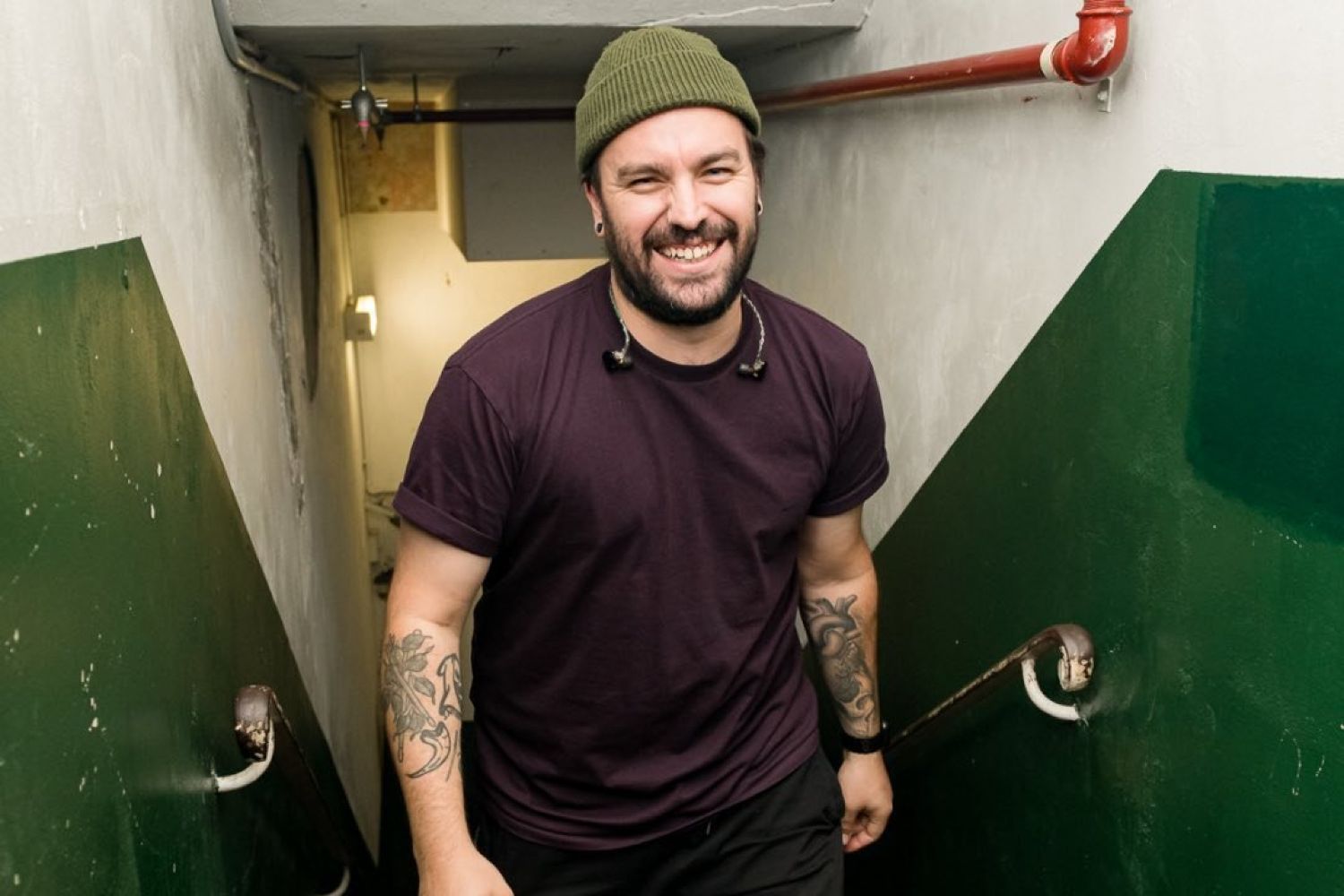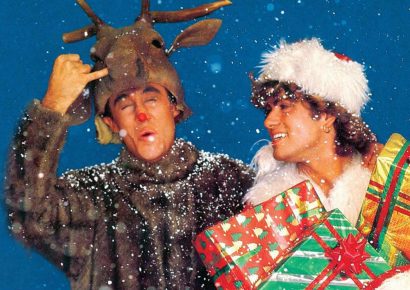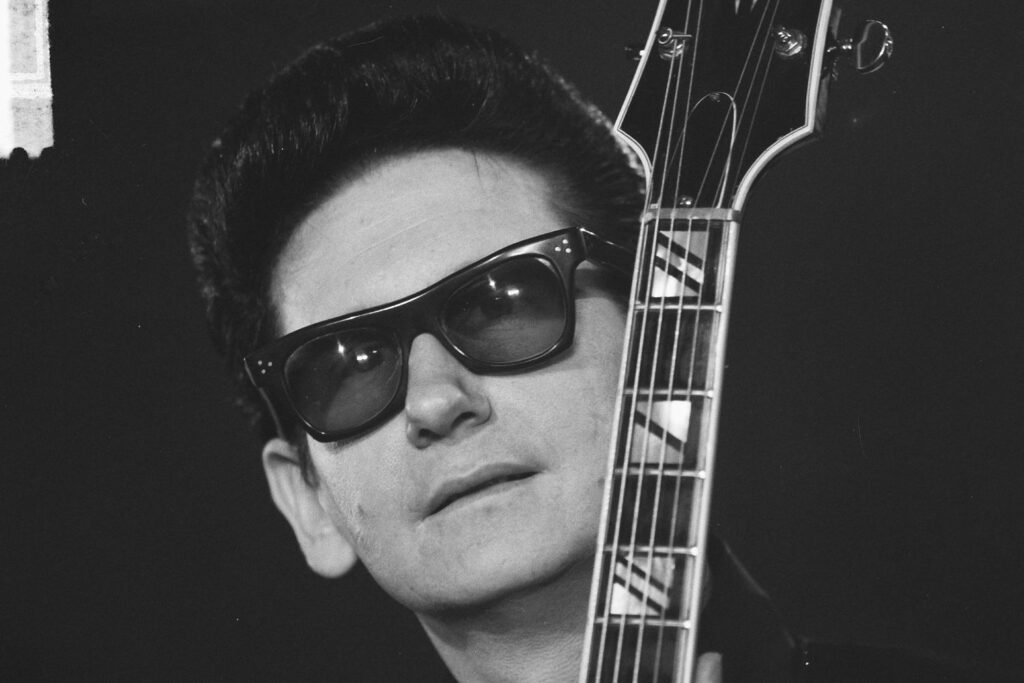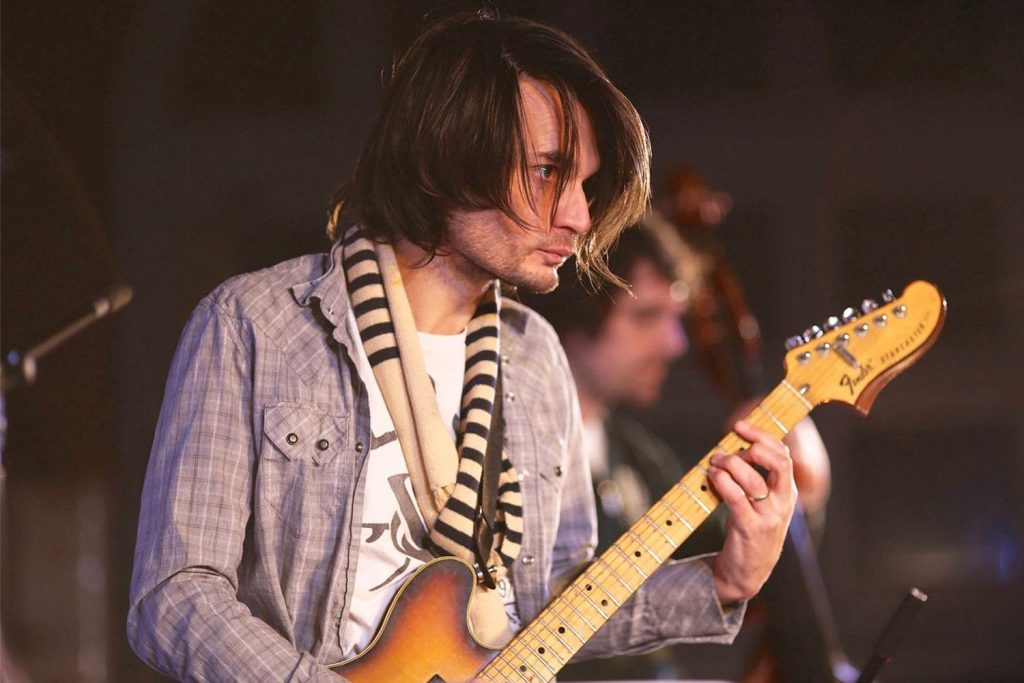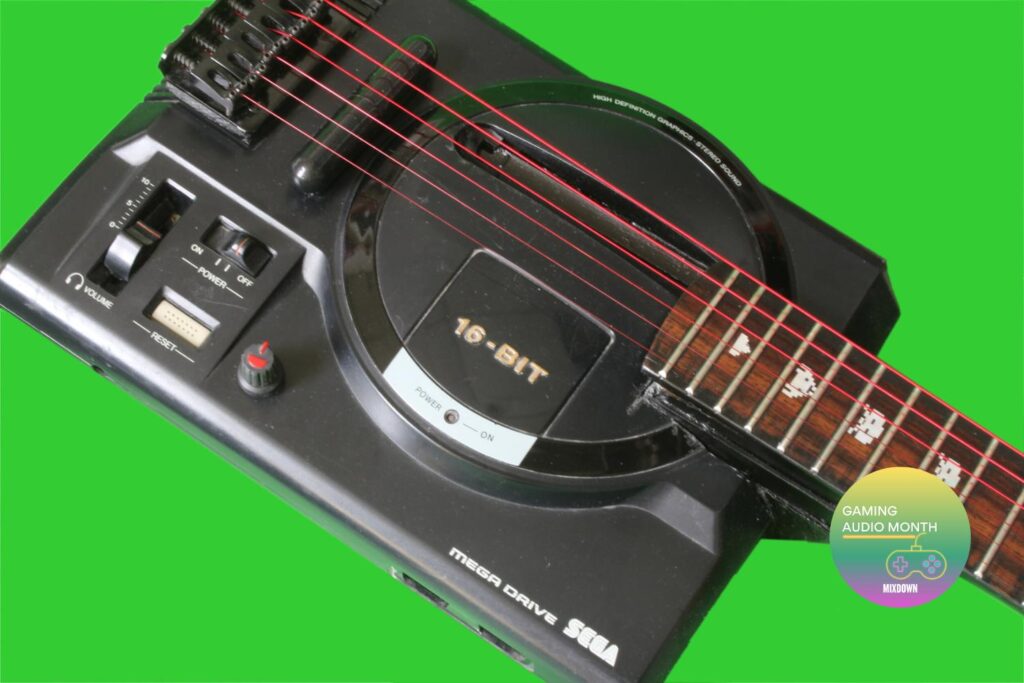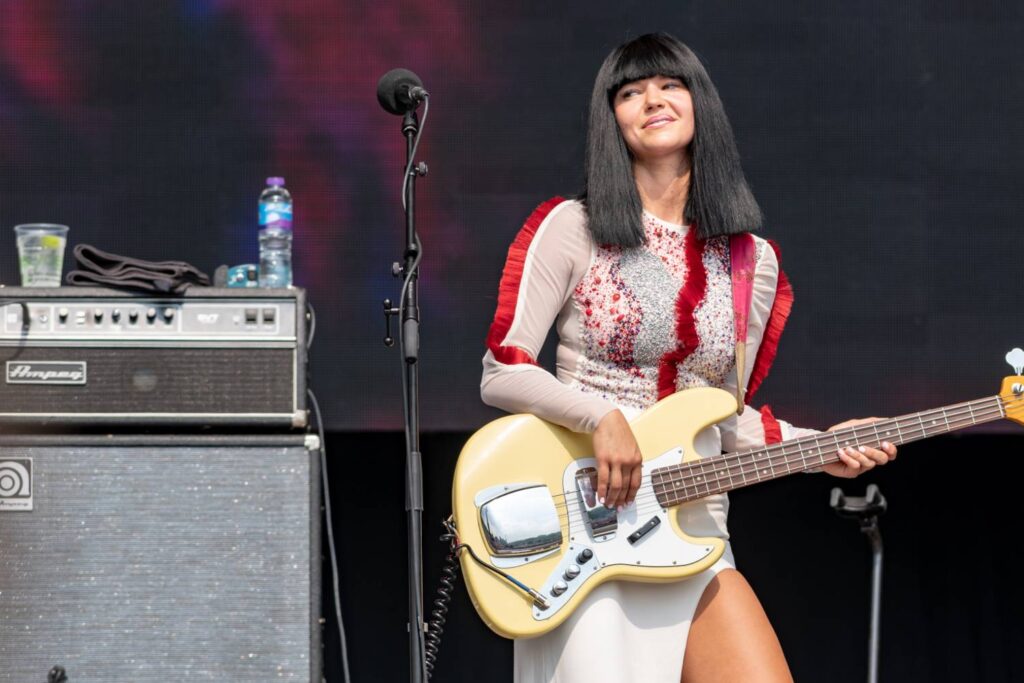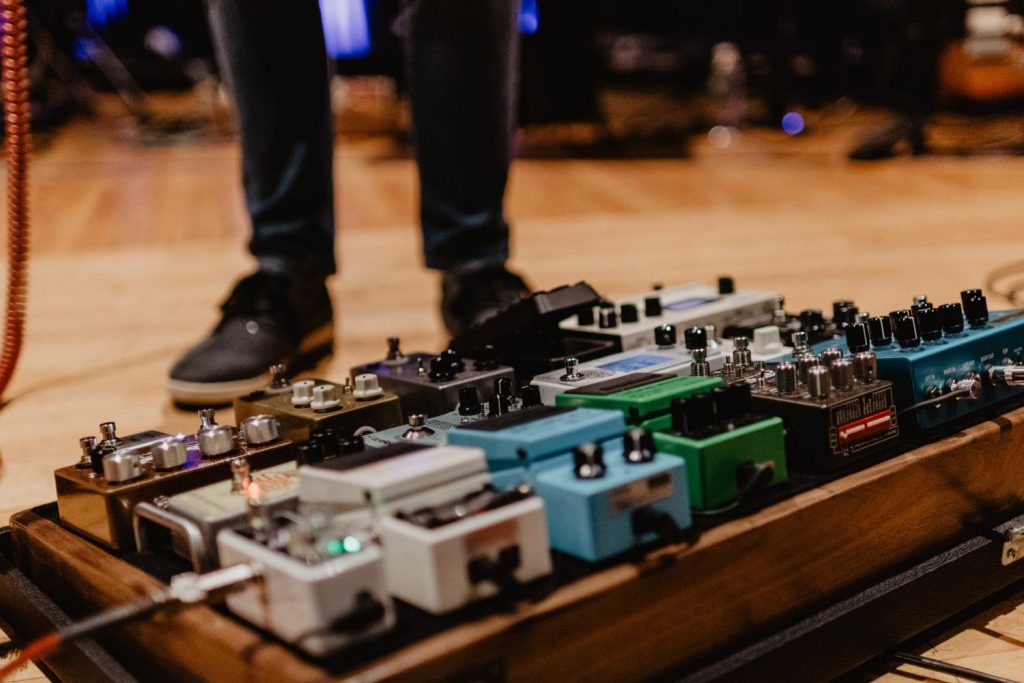Live sound can be a tough gig, especially because if you're good at your job you'll be invisible, with a whole show proceeding without issue.
Ryan Scoble is one such audio faciliator, his own words, with a growing list of gigs to his name that have gone off without a hitch. Beginning, as a lot of us do, as a musician in local bands, he’s moved into doing sound for clubs up to big festivals and events, all the while with a smile and the artists he’s working for at the front of his mind.
Read up on all the latest features and columns here.
Live sound equipment and workflow is constantly evolving, with more and more equipment harnessing new technology that makes it easier than ever to send large amounts of data and audio around a venue or festival, all to serve that seamless experience for punter and artist.
Ryan, thanks for taking the time! “Audio Engineer” is a pretty vague term – how do you define what you do?
Super vague! I usually laugh at the term engineer though… I’m more of a professional “turn it up, maybe turn it back down, let’s see how it sounds with reverb.” type of audio person. Engineers are waaaay more intelligent than me.
What do you see as your role in sound?
I think of the job as being an Audio Facilitator… I’m given pieces of an artist’s vision for their performance and it’s my job to wrangle these different pieces to make that vision a reality. Sometimes that means making super loud roaring guitars sit back so a vocal can cut through in a small room with a tiny PA, sometimes that means pushing a chilled 3 piece band through a 20 a side line array with just as many subs waiting to kick 5,000 people in the chest.
Essentially I have to find different ways to make the tools at hand work best for the artists so both they and the ticket buyers have the best time possible.
These days I’m working for a few artists including Alex Lahey, Baker Boy, The Grogans, Vacations (and others) as well as filling in some dates as a ‘house tech’ in some great Melbourne venues like 170 Russell, Northcote Theatre and Max Watts. I’ve also been lucky enough to have been taken overseas with artists more than a few times to work on international tours.
How did you get into sound?
I’ve always been involved in music but only as a drummer playing in a local band. I used to run pubs/small live music venues and my passion for live music made me start putting on events at the venues I was working in. At the time I was the only one (through my limited experience) that knew how to set up microphones and PA systems so I simply started there and learned more through work and the small amount of time I spent studying Audio Production.
After a couple of months I knew I had found something I was really passionate about so I went out and tried to get more work. I was lucky enough to be given some house tech gigs at Cherry Bar with Dave ‘Red’ Whip and from there I learnt more, picking up freelance work with artists and eventually taking on touring work with a number of acts and now I mix front of house, monitors, production manage, tour manage, rent out audio gear to colleagues etc.
How have you seen the industry evolve since it began?
I’ve only been in the industry for around 10 years so it’s hard to say what has truly evolved. Sure, digital consoles and processing is so much more prevalent than 10 years ago but I think recently I’ve noticed how much more accessible high end audio equipment is. There are a lot more artists and sound professionals that carry their own RF gear as well as console packages than there would have been 10 years ago. The technology available to us in Live Audio is progressing very quickly and I think that only means great things for venues, production houses, engineers and artists alike.
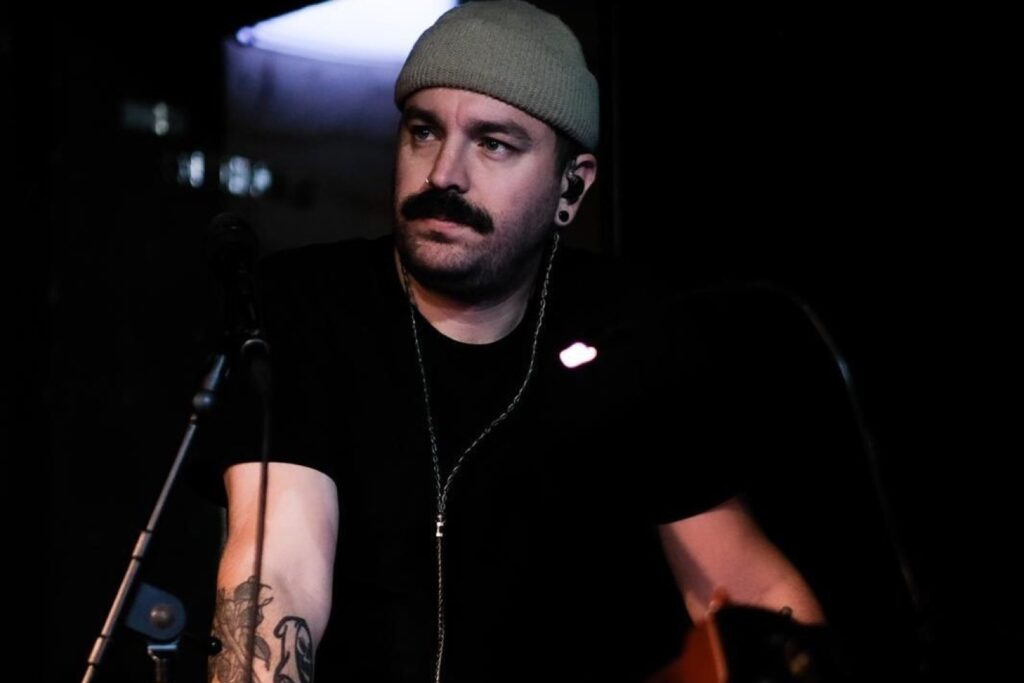
Can you give us a little info on the current state of the industry?
On that note regarding technology evolving quickly in the live audio realm… I feel like it’s never been easier to get signals from one place to another and also to control those signals wirelessly. These days festivals will have multiple methods of transmitting digital audio signal from stage to front of house as opposed to when it was multiple thick and heavy multi channel analogue snakes.
Most audio consoles connect to a stage box with shielded network cable using the manufacturers proprietary protocols (Dante, SoundGrid, GigaAce etc) thus the need for these cumbersome analogue cores have become redundant. Being able to control system processors and audio consoles wirelessly through a WiFi network router gives audio folk the power of perspective in every part of the venue/festival/arena. I think it’s a really exciting time to work in the live audio field simply because of the great toys we get to play with.
Give us a breakdown of your dream rig. If you always bring your own gear, let us know why!
A perfectly aligned d&b audiotechnik GSL array with matching subs and lip fill is ideal in terms of a PA, but lately I’ve grown to appreciate what a great systems engineer can do to an average system. In terms of console I’m still very much in love with my Waves LV1 system but I would be happy always on any DiGiCo Quantam or SD series console with an I/O rack filled with 32bit cards.
I always try to at least take my own drum mic package everywhere I go. It changes every now and then but this current setup has been consistent for a while:
SE BL8 and VKick on kick drum. Sennheiser e905 on snare top, Beyerdynamic M201 on snare bottom. Audio Technica ATM450 for hi hats and ride cymbal. Lewitt 440 Pure for overheads. Rack toms I stick with Sennheiser e904 and sometimes I use them on floor toms also, but depending on the dimensions and tuning of the floor tom I’ll use an Audix D6 instead. I almost always run Roland triggers on the toms as a sidechain source for my tom gates. Really cleans up the excess noise and helps tighten your overall drum sound!
My dream rig would always include a monitor tech (or a FOH [front of house] tech if I’m on mons!) As much as it is more achievable these days to mix monitors from FOH it’s truly invaluable to have another person dialled in to the show and really delivering an awesome experience for the artists on stage. If the people on stage aren’t hearing what they need the way they need it, then the whole show suffers.
Thanks again! As a closer: looking back on your past self as an engineer, what’s something you wish you’d known in the earlier days? This can be acknowledging a mistake you made, or maybe an outlook on things.
I think one of the most valuable things I’ve really honed in on lately (it’s a constant learning experience!) is learning how to read different types of meters properly to really understand gain staging across every step your input signals path to whatever speakers you’re pushing them through. I wish that I had paid more attention to understanding the importance of metering between the different paths of a signal much earlier. It can really help your processing and sub group mixing a lot!
Keep up with Ryan here.
